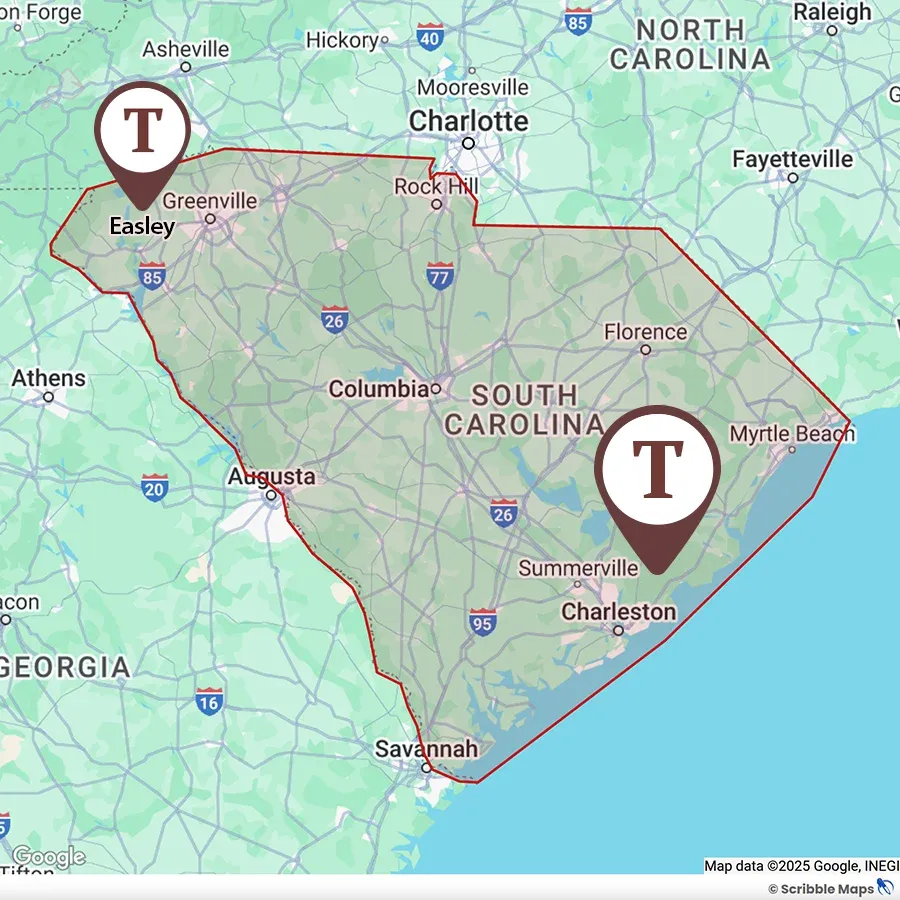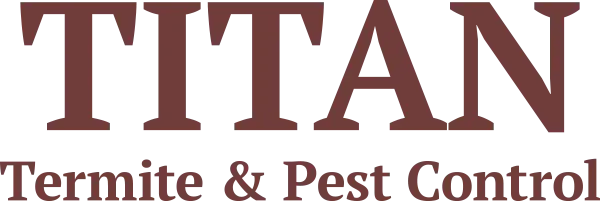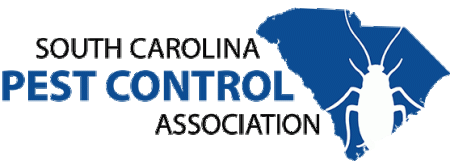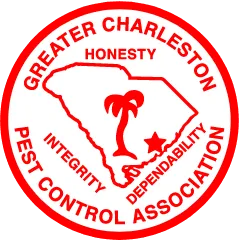Termite Control in Charleston, SC
In Charleston’s humid coastal climate, termites are a year-round threat to homes and businesses. At Titan Termite & Pest Control, we provide expert termite control services designed to eliminate active infestations and prevent future damage. Our comprehensive indoor and outdoor treatments target termites where they live and breed, giving you long-term relief.
Why Charleston Homeowners Trust Our Termite Treatments:
- Complete Elimination: We use proven techniques and industry-leading products to fully eliminate termites from your property
- Long-Term Protection: Our treatments create a strong barrier to stop termites from returning, even in high-risk areas like Charleston
- Experienced Technicians: Our skilled team understands local termite behavior and delivers precise, effective service every time
- Peace of Mind: Stop stressing over unseen damage, our termite control solutions give you confidence that your home is protected.
Signs of a Termite Infestation in Charleston, SC
Termites can silently wreak havoc on your home, inflicting costly damages before you even know they're there. Don't let these tiny destroyers go undetected - be proactive and stay one step ahead! Protect your home from the hidden threat.
Look out for these telltale signs of termites:
- Wood damage: Keep an eye out for small holes or tunnels in wooden structures. Termites can chew through wood, causing it to become weak and brittle.
- Mud tubes: Check for mud tubes along the foundation of your home. These pencil-thin tubes are often a sign of termite activity, as they provide shelter for the pests as they travel between their nest and food source.
- Discarded wings: After swarming, termites shed their wings. If you notice piles of small, discarded wings around your home, it could indicate a termite infestation nearby.
- Clicking sounds: Termites are noisy eaters. If you hear clicking or tapping sounds coming from your walls or furniture, it's time to investigate further.
Trust Your Local Termite Exterminators
When it comes to termite control, it's crucial to leave it to the professionals. Those DIY treatments just don't cut it. In fact, they often end up disturbing the termites and causing them to spread to other parts of the building, increasing the potential for even more damage. That's where our termite treatments in South Carolina come in.
Our Thorough Termite Inspections
Our commitment to excellence doesn't end with the treatment. We believe in regular follow-up inspections to ensure that termites are gone for good and don't return. We recommend these inspections every three to six months during the crucial two-year period after treatment. We are invested in your satisfaction and the long-term protection of your property.
Termites are quite possibly the most dreaded pest of all, even though they do not bite or carry any type of disease that can be passed on to humans. Nearly every homeowner is aware of the massive amount of damage that termites can cause to the infrastructure that makes up their home, however. It's estimated that termites cause several million dollars worth of damage to homes and other buildings throughout the United States every single year. Aside from treating termite infestations after they arise, steps can also be taken to prevent termites from affecting new dwellings.
Prevention is always better than cure, and this is true when referring to the issue of termite infestations as well. While it's possible to effectively remove and treat termite infestations after they arise, it's far better to prevent them from occurring by making use of termite pre-construction treatments. Termite resistant wood is sometimes used during the building process to prevent future issues with these insects, but other preventative treatment options also exist.
How are they Performed?
There are several ways that termite pre-construction treatments can be carried out. One method of protection can come from using termite resistant wood to build your home with. Secondary to termite resistant wood, several barrier treatment options can also be carried out. Barrier options use chemically treated soil, blocks, or insulation to provide an effective barrier against termite infestations. Liquid chemical solutions can also be applied to the soil surrounding where a new home will be built to prevent future termite issues from arising. Preventative measures are much more affordable than attempting to solve the problem and repair the resultant damage after it occurs.
Termites cause millions of dollars worth of damage to homes throughout the United States on a yearly basis. The reason that termites can cause so much damage is that they can exist for a long period of time before you are aware that they are present. With each passing day, the damage they inflict on the internal structures of your home increases. This structural damage is very expensive and time-consuming to repair and can sometimes even lead to serious bodily harm resulting from unstable structures within the home.
At Titan Termite and Pest Control, we make preventing and eradicating termites our passion. We understand the amount of damage these tiny insects can carry out. For this reason, we provide many prevention and treatment options to handle any termite issues that might arise. If you find yourself in need of termite solutions, please contact Titan Termite and Pest Control today.
What are Termite Pre-Construction Treatments?
When you begin building a new home, there are a couple of different options you can choose to prevent your future home from becoming infested with termites down the line. These are referred to as pre-construction treatments because they take place before the home is actually built.
Why are they Important?
Termite pre-construction treatments are important because they can drastically lower the risk of a home becoming infested with termites later on. Since they work to prevent the problem from ever arising, pre-construction treatments prevent expensive structural damage from ever taking place. In addition, they can give homeowners much needed peace of mind that their future home is protected from termites.

Areas We Service in South Carolina
Proudly serving a wide range of areas across South Carolina, Titan Termite & Pest Control extends its expert pest control services to ensure homes and businesses in our community stay protected and pest-free.





